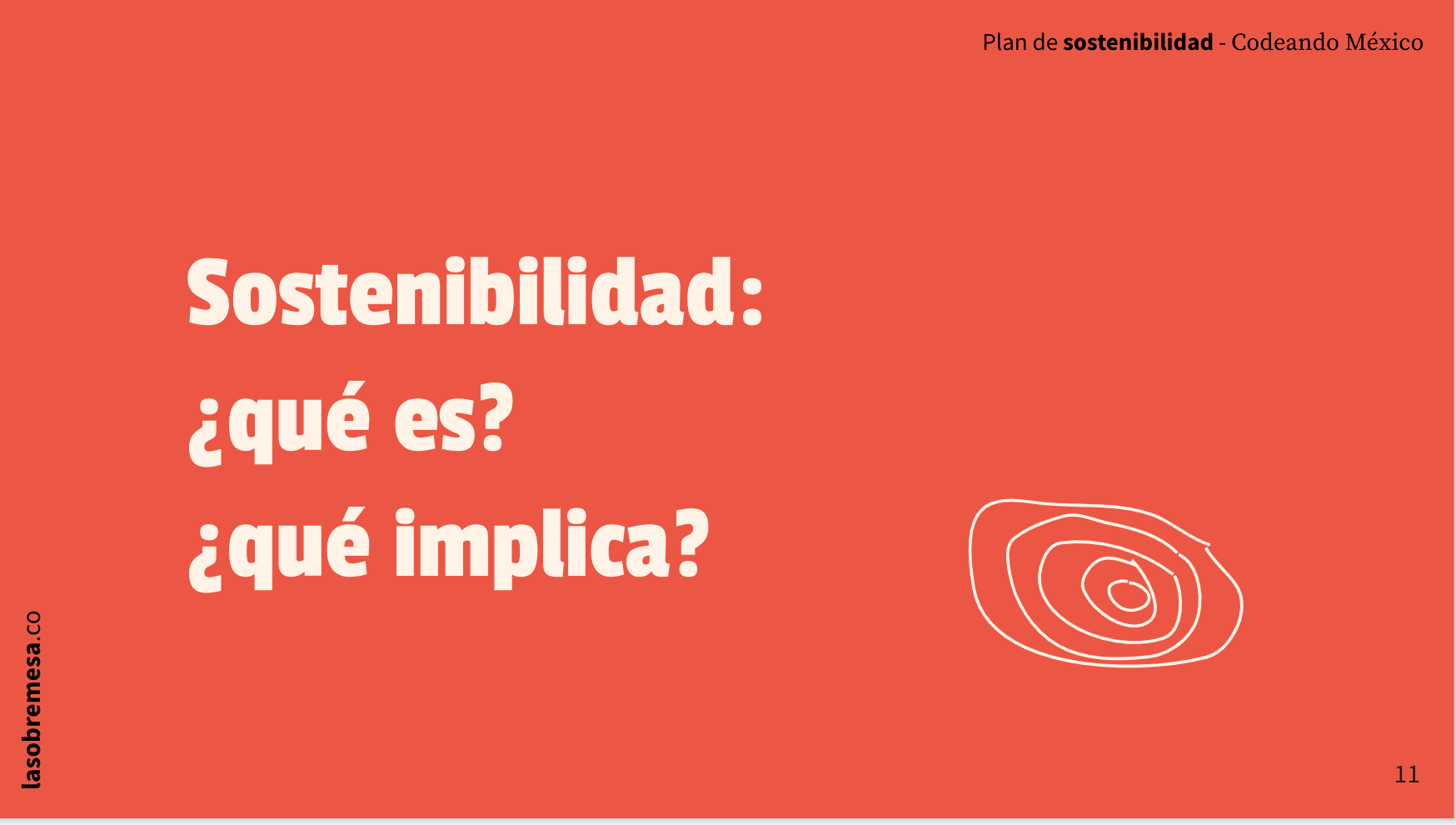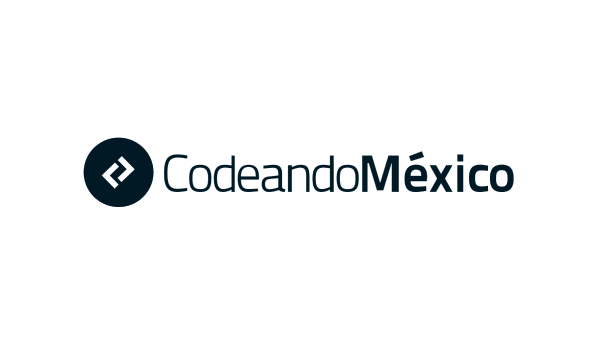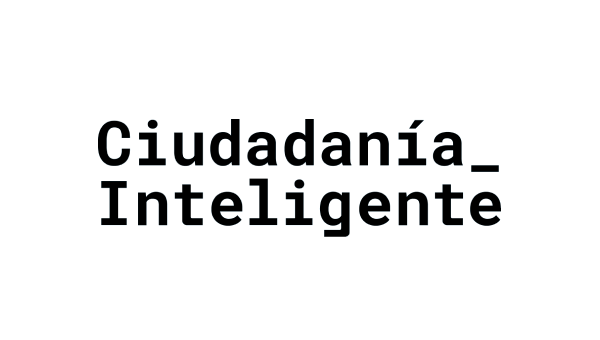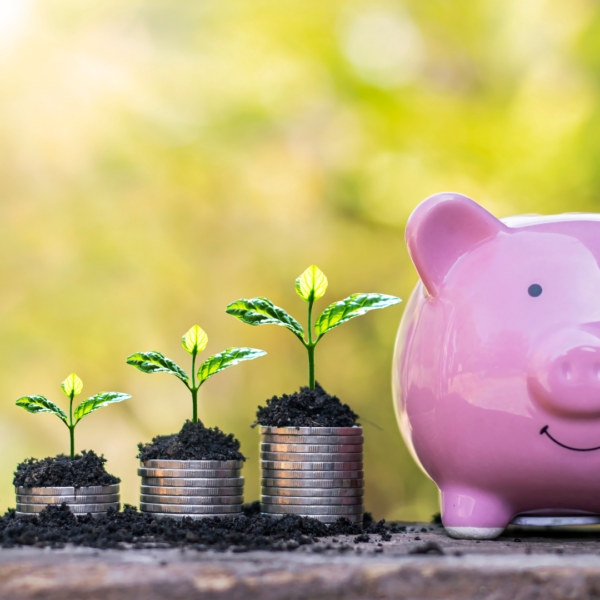Project Highlights & The Network
The Road to Financial Sustainability: Insights from the Network [Eng/Spa]
Words by Codeando México and Ciudadanía Inteligente • Apr 26 2022
Our members are rethinking and implementing new paths to sustain their Civic Tech organizations in Latin America, experimenting with new models and ideas for financial sustainability thanks to the 2021 Open Call for a Personalized Workshop Series with La Sobremesa. Our 2022 Cohort is now open! Click here to know more and apply before May 13th!
// This article is also available in Spanish below.
As civil society organizations based in Chile and Mexico, we are constantly wondering how to influence citizens, groups, institutional entities, and societies in Latin America. Therefore, it’s important for us to have strategies that help us:
→ Get a clearer picture of reality
→ Prioritize necessary interventions and evaluate their viability and impact
→ Have an action plan that achieves effective change
Our needs and agendas are always changing; they’re dynamic and adaptive, especially since the Covid pandemic began. To be adaptive, and to create real impact with our work, we require financial, human, and technical resources, and since the philanthropy and cooperation ecosystem has changed in Latin America over the past few years, we’ve needed to re-think our strategies and generate new ones. Hence, Ciudadanía Inteligente (Chile) and Codeando México responded to the invitation by Code for All and La Sobremesa to strengthen our organizational capabilities in terms of sustainability.

We arrived at this workshop expecting to develop skills and strategies that would allow us to better identify financial opportunities and get the boost required to amplify our income sources. We needed a space that would help us activate the added value that our organizations offer to the civil society ecosystem in Latin America and learn how to financially sustain it. Having support from experts, a process that allowed us to listen to each other as a team, space to make strategic decisions, and time to define concrete actions was a rewarding opportunity.
During this process, we had earnest conversations about our needs and challenges, and we discussed the possibility of designing and developing a sustainability plan, where we would outline possible actions to face those challenges.
One of the most revealing moments was identifying the need to define an organizational model, a specific way in which we add value to the public so we can accomplish our mission. What makes our work and contributions different from other organizations? Technology? Processes? Incidence? Defining this helps us understand what human and physical capacities we need to develop if we want to be relevant actors.
Also, we came to understand that the relationships with our donors are collaborative and go beyond financial give and take; we have to guide them in the search of new joint opportunities and reach out to other beneficiaries along the way. We learned that in order to attract resources, work opportunities need to be identified and assets need to be invested in that make us attractive for financial collaboration.
This experience broadened our vision and gave us more capacity to face this core challenge common amongst civic society organizations. The workshop gave us the tools and instruments to:
→ Identify relevant actors in the philanthropy field for our agenda
→ Highlight the value of our projects and have an honest evaluation of their impact
→ Plan measurable actions to move towards a sustainable model
Thus, this space gave us the chance to collectively build and decide how we want to keep growing and building our organizations, what the main values of our work are, and how to build up strategic alliances from this.
→ The Open Call for the next cohort of our Financial Sustainability Workshop is NOW OPEN!
Read the complete Open Call here: https://bit.ly/CfAll_FinancialSustainability2022
Submit your application before May 13th at: https://bit.ly/CfAll_FinancialSustainability

→ Get to know more about La Sobremesa!
La Sobremesa is a consultancy that supports civil society in its journey toward becoming more resilient and inspiring, by working directly with leaders, organizations, and networks to address systemic challenges the sector faces. These systemic barriers include -in fact, center around- sustainability issues, from lack of knowledge and tools to lack of short and long-term strategy. Because of their experience and ethos, they focus on supporting groups in the TAI space in the global south. They have conducted a number of workshops and support processes around sustainability with various organizations from Latin America and are eager to apply their lessons learned to support Code For All.
If you want to know more about the process and the allied organization, La Sobremesa, we invite you to read the Q&A that we had with Anca Matioc, director of the organization.
// This article is also available in English above.
El Camino hacia la Sostenibilidad Financiera: Perspectivas de la Red Code for All
Nuestras organizaciones miembro están repensando e implementando nuevos caminos para sostener sus actividades de tecnología cívica en América Latina, experimentando con nuevos modelos e ideas para la sostenibilidad financiera gracias a la Convocatoria Abierta de 2021 donde se realizaron una Serie de Talleres Personalizados con La Sobremesa. ¡Nuestra Cohorte 2022 ya está abierta! ¡Da clic aquí para conocer más y aplicar!
Como organizaciones de la sociedad civil nos encontramos frente a la duda sobre cómo incidir en la ciudadanía, grupos, Estados y sociedades en Latinoamérica. Por eso, es muy importante contar con estrategias que nos ayuden a:
→ Obtener lecturas claras de la realidad.
→ Priorizar las intervenciones necesarias y evaluar su viabilidad e impacto.
→ Tener un plan de acción que logre cambios efectivos.
Nuestras agendas y necesidades están en constante movimiento, son dinámicas y se adaptan, especialmente después de la llegada de la pandemia en el año 2020. Para lograr esta adaptación y agregar un valor real a nuestro trabajo, requerimos recursos financieros, humanos, técnicos, de conocimiento, entre otros, y dado que el ecosistema de filantropía y cooperación ha cambiado en Latinoamérica desde hace varios años, necesitamos pensar y generar nuevas estrategias para obtenerlos. Así, desde Ciudadanía Inteligente (Chile) y Codeando México respondimos a la invitación de Code for All y La Sobremesa para fortalecer nuestras capacidades organizacionales en materia de sostenibilidad.
Llegamos al taller con la expectativa de desarrollar herramientas y estrategias que nos permitieran identificar mejor nuestras oportunidades de financiamiento y que nos impulsaran para ampliar nuestras fuentes de recursos. Necesitábamos un espacio que nos ayudara a aterrizar las ideas sobre el valor agregado que nuestra organización ofrece al ecosistema de sociedad civil en Latinoamérica y cómo sostenerlo financieramente. Contar con el acompañamiento experto y la metodología adecuada para escucharnos como equipo, tomar decisiones estratégicas y definir acciones concretas fue una oportunidad muy valiosa.

Durante el proceso tuvimos conversaciones sinceras sobre nuestras necesidades y posibilidades para diseñar y desarrollar un plan que apunte a la sostenibilidad de la organización, para después comenzar a trazar las posibles acciones para enfrentar esos desafíos con las herramientas que obtuvimos.
Uno de los momentos más reveladores fue identificar la necesidad de definir un modelo de organización, es decir, una forma específica en la que agregamos valor a nuestros públicos para cumplir con nuestra misión. ¿Qué nos diferencia de otras organizaciones respecto a lo que aportamos? ¿Tecnología? ¿Formación? ¿Incidencia? Definir este carácter sirve para entender qué capacidades humanas y físicas tenemos que desarrollar para ser un actor relevante.
También, entendimos que las relaciones con donantes son colaborativas y van más allá del aporte financiero, que debemos dirigirlas a buscar oportunidades juntos y llegar de esa forma a otros beneficiarios. Aprendimos que para poder atraer recursos necesitamos identificar oportunidades de trabajo e invertir los medios que nos hagan un destino atractivo y preparado para la colaboración financiera.
Esta experiencia amplió nuestra visión y nos dio mayores capacidades para enfrentar un desafío nuclear para todas las organizaciones de sociedad civil. En resumen, el taller nos dio las herramientas e instrumentos para:
→ Identificar actores relevantes en el campo de la filantropía para nuestra agenda.
→ Resaltar el valor de nuestros proyectos y evaluar honestamente su impacto.
→ Planificar acciones medibles para avanzar hacia un modelo de sostenibilidad.
Así, este espacio nos facilitó la oportunidad de construir y decidir colectivamente cómo queremos crecer y seguir construyendo la organización, cuáles son los valores centrales de nuestro trabajo y cómo generar alianzas estratégicas a partir de esto.
→ ¡La convocatoria para el segundo grupo de organizaciones participantes en nuestro Taller de Sostenibilidad Financiera YA ESTÁ ABIERTA!
Conoce la convocatoria completa aquí: https://bit.ly/CfAll-FinancialSustainability2022
Envía tu solicitud antes del 13 de mayo aquí: https://bit.ly/CfAll_FinancialSustainability

→ ¡Conoce más de La Sobremesa!
La Sobremesa es una consultora que apoya a la sociedad civil en su viaje hacia una mayor resiliencia e inspiración, trabajando directamente con líderes, organizaciones y redes para abordar los desafíos sistémicos que enfrenta el sector. Estas barreras sistémicas incluyen cuestiones de sostenibilidad; desde la falta de conocimiento y herramientas, hasta la falta de una estrategia a corto y largo plazo. Debido a su experiencia y ethos, se enfocan en grupos de apoyo en el espacio TAI en el sur global. Han llevado a cabo una serie de talleres y procesos de apoyo en torno a la sustenibilidad con varias organizaciones de América Latina y están emocionadas por aplicar las lecciones aprendidas para apoyar a la red Code For All.
Si quieres conocer más del proceso y la organización aliada, La Sobremesa, te invitamos a leer nuestra entrevista con Anca Matioc, directora de la organización.





